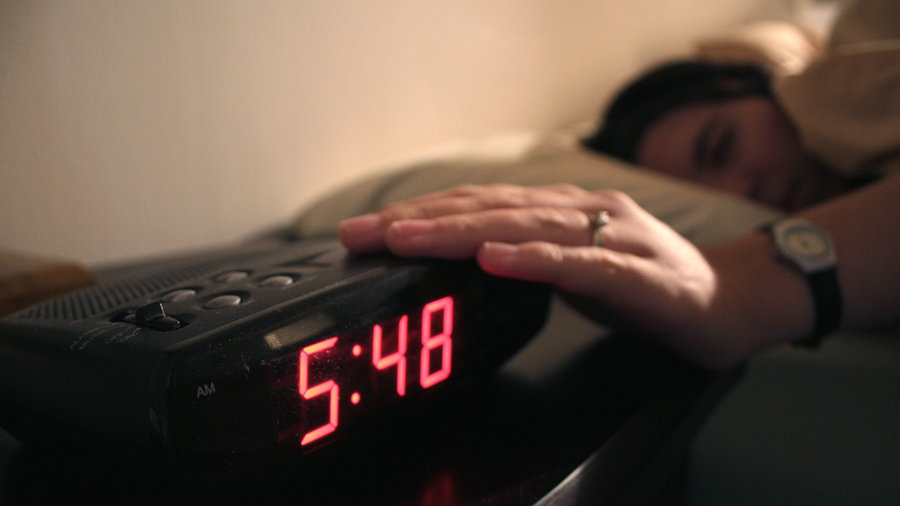Remember the old clock radios most of us had at our bedsides? Indeed, some of you may still have one, but many of us have relied on the alarm clocks built in to our smart phones in recent years. And of course, no matter what mobile alarm app you may use, chances are that it still features the notorious SNOOZE button.
In fact, it was usually the largest button on the top of the console, for a slumbering hand to easily reach.
I remember one morning, long ago, when I really was not ready to get up, I discovered something about the snooze alarm on my unit: It allowed only a limited number of snoozes! Once I hit the button a certain number of times, the alarm will NOT sound off after ten minutes passed.
Indeed, the clock had assumed that if I was not getting up after three snooze alarms, I was not getting up at all. I was procrastinating into infinity.
Which begged back to an expression a manager I knew used to say to sales people whom he thought were procrastinating on their activity: “The snooze alarm has gone off.” In this case, the alarm is not sounding—indeed the alarm has been turned off, and the allowed time to sleep in has expired.
To be taught this lesson by one’s alarm clock is not an experience I would wish on anyone; indeed it did, if you will pardon the pun, alarmed me to the real dangers of procrastination.
How many of us procrastinate on something? We all do. But I say that when we procrastinate, we are lying to ourselves. When faced with a task we don’t feel like doing at the moment, we tell ourselves that we will do it tomorrow…or next week…or right after a nap.
But if you have a task in front of you that you have been putting off almost indefinitely, then you are not putting it off at all. You are choosing not to act…EVER.
So how do you know when you are procrastinating on a task, or legitimately planning on completing it at a future time? I say look for the pattern. If you have a task, you plan it for a certain time, and when the time comes you address it, well done. But if you have tasks on your plate that have been deferred time and again—then don’t kid yourself. You are not “rescheduling” it; you are choosing not to do it at all. And the consequences will catch up with you.
So where does this leave us? I have tasks I know that I have put off, and I have been blessed that in some of those cases, I have asked for help. When you enlist the assistance of a friend, a colleague, a hired consultant, or even a personal board of advisors, it changes the dynamics and the accountability chain. It is unfortunately all too easy for many of us to let ourselves down, but when our completion of a task now involves the ownership of a friend or colleague, we become more accountable.
And when that morning comes when we actually can sleep in a little longer, we can do it in peace.
Photo Credit: cdw9



